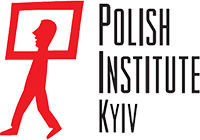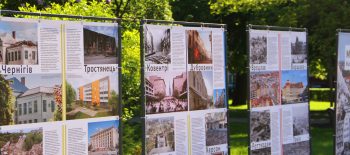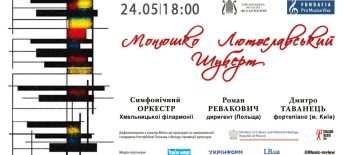Program with Polish experts:
Discussion / Alternative Models for Living
16:15 – 17:35
Speakers: Emil Ivanescu / University of Architecture and Urbanism, Kacper Kępiński / NIAiU, Marija Marić / University of Luxembourg, Monika Konrad / Municipal Office of Town Planning and Development Strategy in the City of Warsaw, Radek Toman / Brno University of Technology, Zuzanna Mielczarek / NIAiU
Moderator: Romea Muryń / CANactions School
Continuing to explore the theme of Living and moving towards answering the question ‘How can we improve housing conditions?’. We focus on the context of post-socialists countries: Poland, Czech Republic, Romania, and Ukraine. Having undergone drastic economic, political, and societal transformations, post-socialist countries were confronted with a crisis of housing provision and management. The unique response to that crisis by state and business in these countries resulted in specific models with different levels of regulation, types of governance, ownership, stakeholders’ arrangement and center-periphery relationships. During the discussion, we untangle these models by looking at the aspects of governance, forms of ownership, collaboration, and polycentricity with the aim to comprehend innovative housing strategies.
Exhibition
Polyperiphery. Spaces of negotiation
Semi-peripheral location and historical context of Kyiv, Warsaw, Brno and Bucharest have created the situation where the shape of common space is under continuous negotiation. Development of the major Central and Eastern European cities is based on the constant change and adaptation in lieu of the long-term strategic planning. Following the problematics of governance, polycentricity, ownership and collaboration, the exhibition presents the documentation of the site visits, interviews with local experts, spatial data and summary of planning documents. Various perspectives including municipal administration, NGOs, researchers and inhabitants depict the diverse context of the four cities. Comparison of four locations gives an opportunity to confront the similarities and different trajectories in coping with the common space struggles and housing policies in the region after 1989.
Kooperativ
Sichovykh Striltsiv St, 23A



